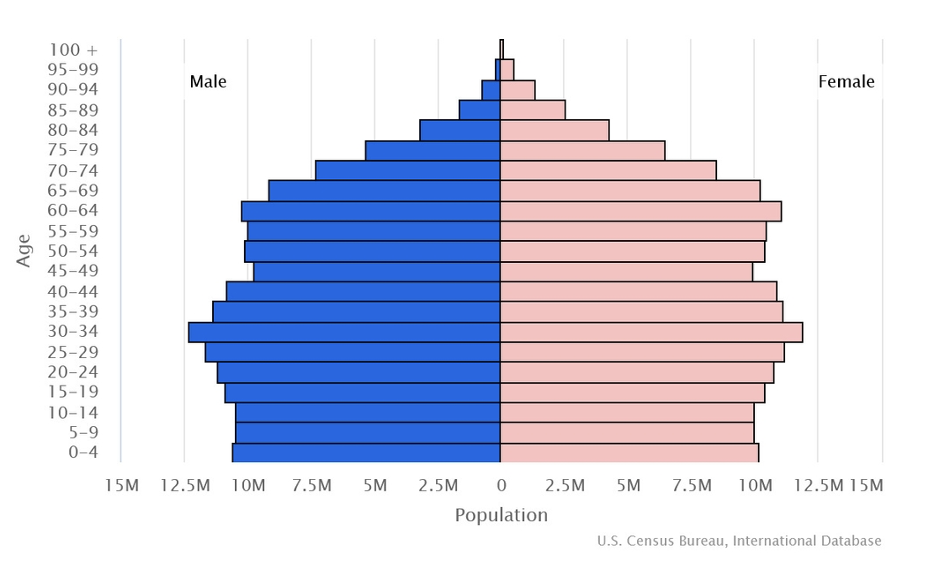Introduction
Special forces are the backbone of high-precision military and security-critical operations. They operate in high-risk scenarios that require maximum preparation, technological superiority and strategic precision. Modern intelligence technologies play a crucial role in gaining tactical advantages, minimizing risks and maximizing operational efficiency.
How intelligence technologies are changing special forces
1. real-time data analysis and AI support
Thanks to artificial intelligence and machine learning, special units can detect threats at an early stage. AI systems analyze huge amounts of data, recognize patterns and identify potential threats before they escalate. These systems help to make tactical decisions in real time by predicting enemy movements and optimizing operational plans.
2. drones & autonomous systems
Unmanned aerial vehicles (UAVs) are an indispensable tool for modern special forces. They provide real-time aerial reconnaissance, target tracking and even the ability to eliminate enemy positions with precision. Supplemented by ground-based robots, a unit can explore enemy terrain without putting its own personnel in danger.
3. tactical augmented reality (AR) & wearable tech
With AR-supported headsets, soldiers receive tactical information projected directly into their field of vision, making orientation and decision-making easier. Wearable sensors monitor vital data and optimize mission control through better medical care.
Conclusion
Technological advances make special forces more efficient and safer. Those who continue to develop technologically will have the upper hand in future conflicts.



